I’ve noticed my original responses to the Proust Questionnaire from October 2015 (!!!) keeps getting the odd view. I went and had a re-read of my responses and thought hey, I’ve appreciably changed in the last nine years! Surprising, I know. I’m going to leave the original post up for posterity’s sake, but I’m also gonna do it again, for fun and profit.
Maybe I’ll do it every ten years or so?
Since I published the original post, I still haven’t read Proust. I’m lost in the depths of that first book. I’ve bounced off it a couple of times. I’ll get there in the end, I’m sure. I did with Ulysses. Maybe a lengthy prison stay, or a spell on the moon, will do it.
Find below my original answers and my updated ones in italics.
- What do you regard as the lowest depth of misery?
Bereavement. | Yeah, still bereavement.
- Where would you like to live?
Holland. | Haha, probably not. I’d pick London now, I think. Not forever. But I’d like to have lived in London.
- What is your idea of earthly happiness?
Peace, quiet, an engaging activity. | Still this, absolutely.
- To what faults do you feel most indulgent?
Indolence, overindulgence, impatience. | I’ve worked really hard on at least two of these faults! I’ll let you guess which ones. Now I would say I feel other people’s pain too keenly, and try to fix things where I should actually be sitting with the discomfort.
- Who are your favourite heroes of fiction?
Leopold Bloom. Stephen Dedalus. Sherlock Holmes. | Hell yeah, still these guys. I’ve read a lot of fantasy recently, so I’d probably add Conan the Cimerian and Severian from The Book of the New Sun.
- Who are your favourite characters in history?
Sigmund Freud. Jacques Derrida. Malcolm X. | What was I thinking? Malcolm X I’d still put on this list I think. How odd these questions are. Fiction gets heroes, real life gets characters? In terms of… character, maybe I’d pick this lad, Daniel Lambert.
- Who are your favourite heroines in real life?
My mother. | Such a cop-out answer, James. Dead, probably Boudica. Living, I actually can’t believe Diane Abbott stands up under what gets piled on her.
- Who are your favourite heroines of fiction?
Jane Eyre. Molly Bloom. Ophelia. | Still true. The eponymous Gwilan from the Le Guin story Gwilan’s Harp gets a shout. Looking this up I just realised I made a typo in my post including that story. This has been a useful exercise already!
Salvador Dali. | It’s basic but I still love Dali.
Lou Reed or Kurt Cobain. Can’t decide. | Still the same. Thurston Moore gets a shout because I liked his memoir.
- The quality you most admire in a man?
Patience. | Forbearance: being able to engage in cruelty, being encouraged to engage in cruelty, and choosing not to.
- The quality you most admire in a woman?
Patience. | Forbearance: being able to engage in cruelty, being encouraged to engage in cruelty, and choosing not to.
Patience. | Forbearance: being able to engage in cruelty, being encouraged to engage in cruelty, and choosing not to.
- Your favourite occupation?
I could say reading and writing to try and save face, but I spend altogether too much time playing videogames. | Still true. I like going for long walks too – I’m a dull, dull man.
- Who would you have liked to be?
James Joyce. | Oh God no. I’m actually reasonably comfortable with who I am so this is a difficult question. Maybe someone like Andrew Carnegie, loads of money and a social conscience. Or Steve Albini. I’d like to see him fill out the Proust questionnaire.
- Your most marked characteristic?
Delusions of grandeur. | Oh no, life has beaten that out of me. Now I’d probably say an overactive sense of empathy.
- The quality you most like in a man?
Intelligence. The ability to hold a conversation. | A willingness to try it yourself and learn.
- The quality you most like in a woman?
Ditto. | Ditto.
- What do you most value in your friends?
A willingness to listen. | Patience, understanding, a shared sense of humour.
- What is your principle defect?
Inability to see things through. I answered the first five questions of this, then stopped. Came back a month later. Tempted to give up and log in to WoW. | I’m getting better at finishing things. Still not great. I am, however, prone to thinking through a situation, seeing the exact details and contours of a mistake I’m about to make, and making it anyway.
- What is your favourite occupation?
Them blasted videogames. | Ok, you got me, it is videogames. I played Disco Elysium recently and loved it.
- What is your dream of happiness?
Sharing my daily existence with the woman I love. | Aww, still true.
- What to your mind would be the greatest of misfortunes?
To not have met her. | Aww, still true.
- What would you like to be?
Myself without the character flaws. | Genuinely, myself. All my dream professions don’t make money any more so if you’re talking about jobs, don’t.
- In what country would you like to live?
Holland. | Germany by default because I speak a bit of German. I genuinely love England, or an idea of England, but it does really need to get its act together.
- What is your favourite colour?
Green. I tend to like darker shades of green, like emerald or British racing. | Still green.
- What is your favourite flower?
All that comes to mind is filth. | Stop it James. Probably snowdrops. Or bluebells.
- What is your favourite bird?
I don’t know enough about birds to have a favourite. I like all kinds of birds apart from magpies, I have taken a dislike to them after learning about how they eat the young of other birds. | Still don’t like magpies but the kind of ray gun noise they make is cool. I like blackbirds, great tits, pigeons.
- Who are your favourite prose writers?
James Joyce. William S. Burroughs. Thomas Pynchon. | I still love Burroughs but prose writer? Hahahaha. I’ve read a lot of Joan Didion recently and am blown away by the control she demonstrates in her writing.
- Who are your favourite poets?
T.S. Eliot. Ezra Pound. P.B. Shelley. Hope Mirrlees. | Same.
- Who is your favourite hero of fiction?
Leopold Bloom. | A repeat question. Did past me not have the wherewithal to edit this?
- Who are your favourite heroines of fiction?
Jane Eyre. Molly Bloom. | A repeat question. Did past me not have the wherewithal to edit this?
- Who are your favourite composers?
Beethoven, for Ode to Joy | Ode to Joy is good. Otherwise, Kevin Shields.
- Who are your favourite painters?
Dali, Picasso. | I like Picasso’s paintings and really don’t wanna look at them any more. I like Marcel Duchamp a lot (Nude Descending a Staircase).
- Who are your heroes in real life?
My mother, my grandmother, my sister, my girlfriend. | Same, but I’m kind of suspicious now of the idea of having heroes, because it’ll encourage you to wait to be saved, instead of trying to save yourself. Chris Packham does incredible work and stands up under such abuse. Diane Abbott likewise.
- Who are your favourite heroines of history?
Rosa Parks. Ada Lovelace. Aphra Behn. | Same. Add Boudica.
- What are your favourite names?
As full of self-regard as it is, I like my name a lot. I like Ophelia a lot, too. | My feelings haven’t changed. Trying to think of another name, Ellen sprang to mind. I don’t know where that came from.
- What is it you most dislike?
The necessity of earning money. | Oh God yes.
- What historical figures do you most despise?
Hitler. Reagan. Thatcher. | I wrote this in 2015 and had no idea Johnson and Trump were coming. Dominic Cummings was also pretty easy to hate. Politicians have to be able to lie, but an inability to tell the truth is unconscionable in a democracy.
- What event in military history do you most admire?
The defence of Stalingrad. | That was a pretty impressive one. I don’t tend to think about military history. When I’m over 40 I am sure I’ll get way too in to WW2, but I’m not there yet.
- What reform do you most admire?
The liar who decides to stop, and does. | People don’t really change. This question now makes me think of political reform. Having watched the social safety net get systemically attacked for a decade plus at this point, the postwar consensus looks more and more like a bright spot against a background of complete dark.
- What natural gift would you most like to possess?
Either a musical ear or the ability to easily learn languages. | Same. Perfect pitch would be great. I’d be so annoying. You’d lean back in your chair, it’d squeak, I’d say “That was an Ab” and feel smug, you’d grunt, and in my head, I’d know the grunt was a D#, but I’d not say anything, because I know when not to push it.
- How would you like to die?
With no foreknowledge or apprehension of the fact. | I wouldn’t like to, there’s too much I want to do.
- What is your present state of mind?
Still thinking about packing it in and logging on to WoW. | I have moved on; I don’t play WoW any more. I’m tired but glad I’ve got something to work on this evening.
- To what faults do you feel most indulgent?
Impatience, anxiety, frustration. | I worry too much. Always have, probably always will.
Scheisse passiert. | “You can’t make people do things.” I know it’s not catchy.



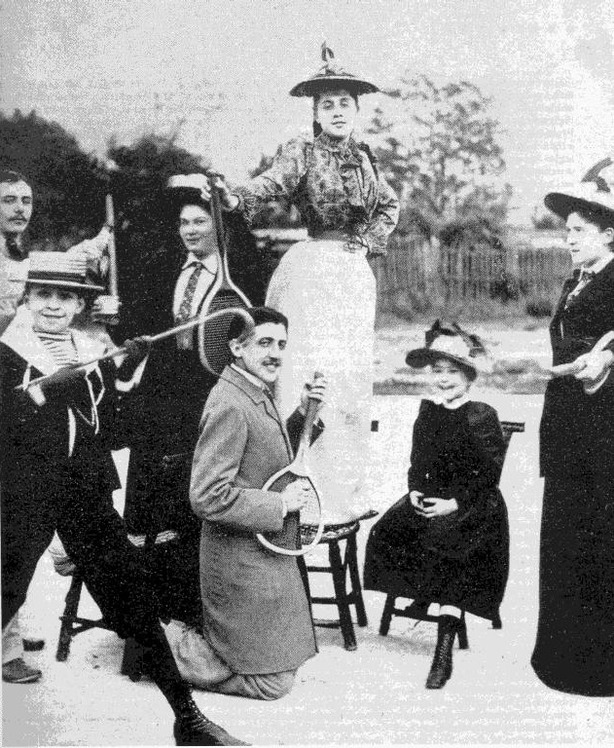
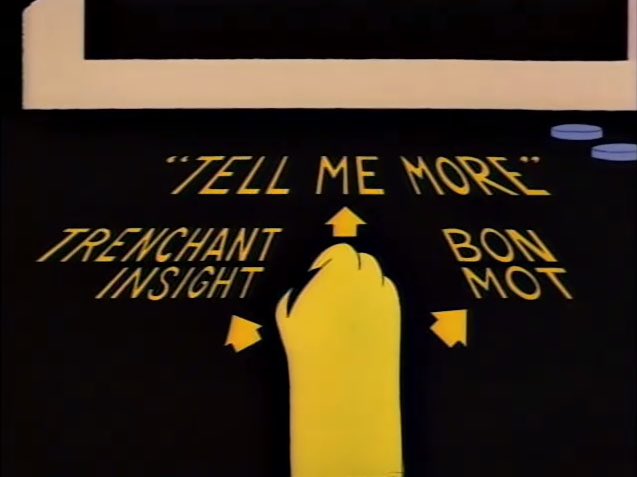


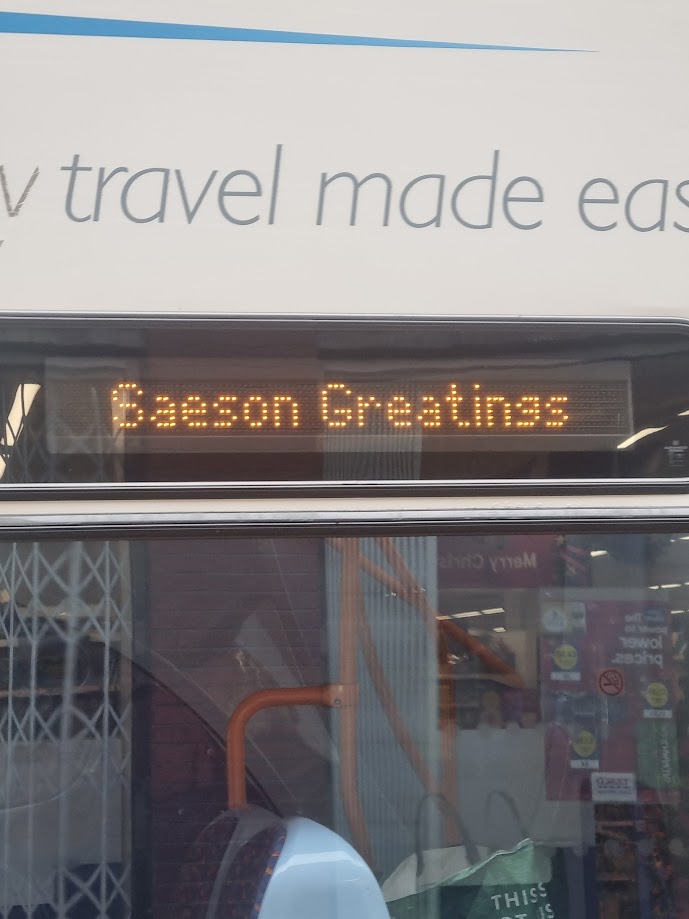

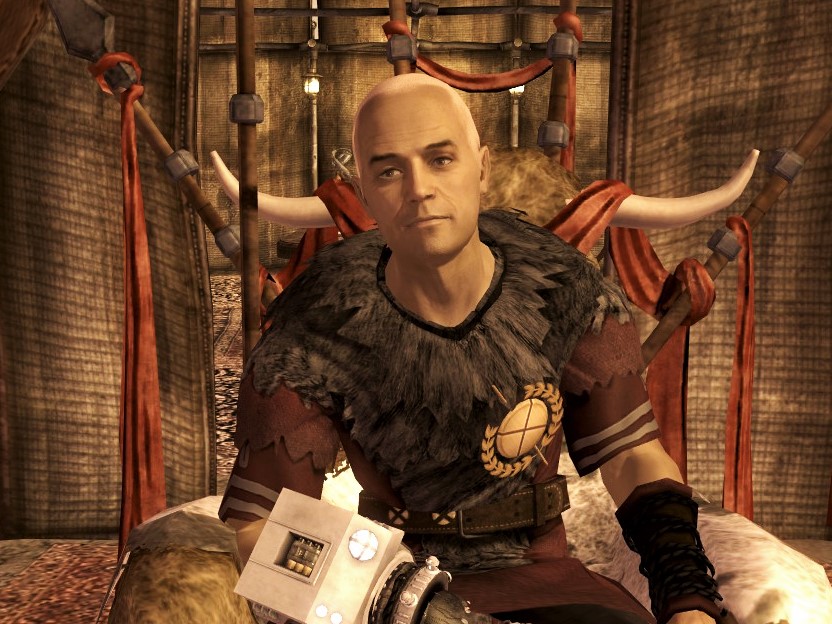
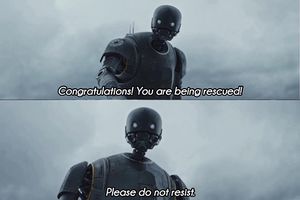

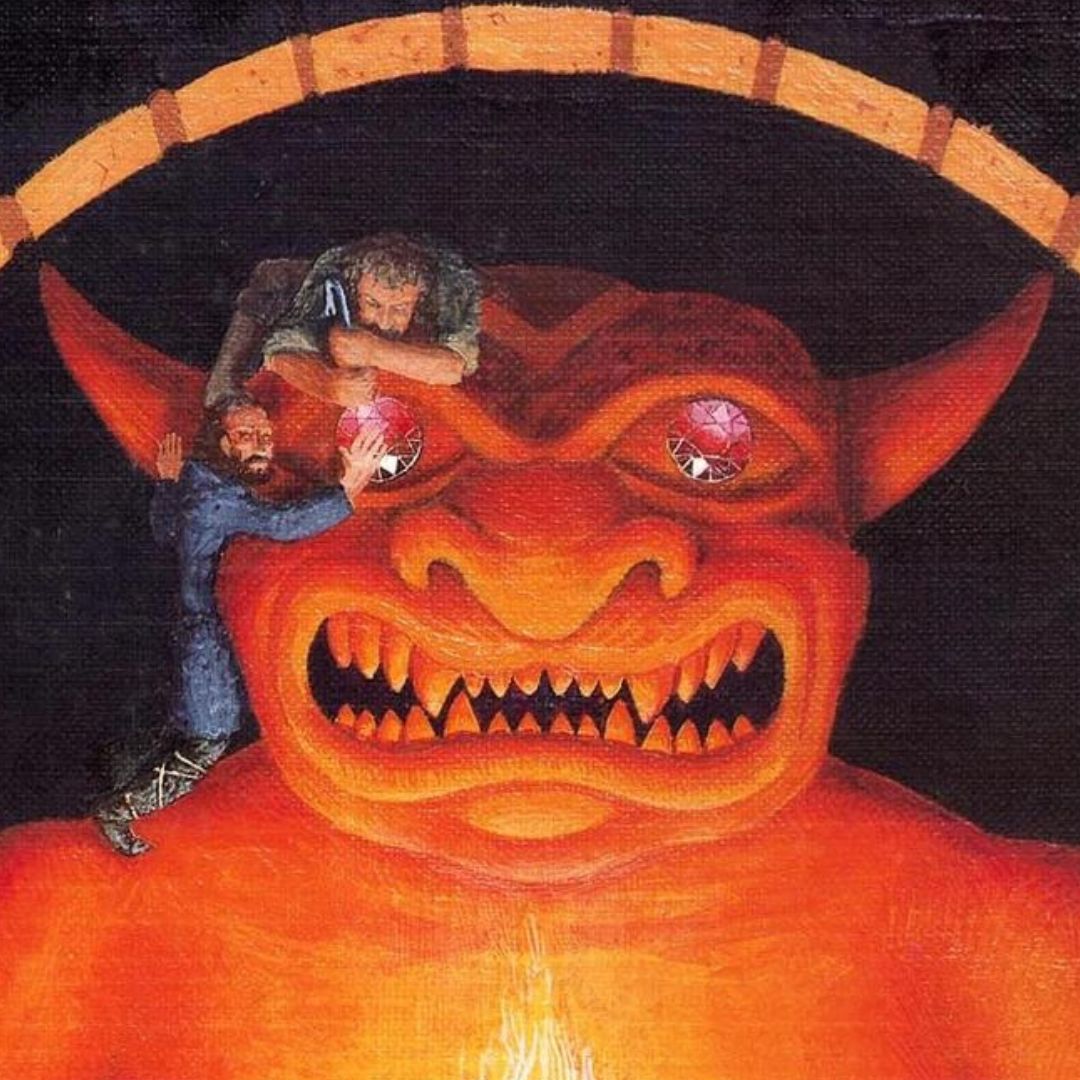

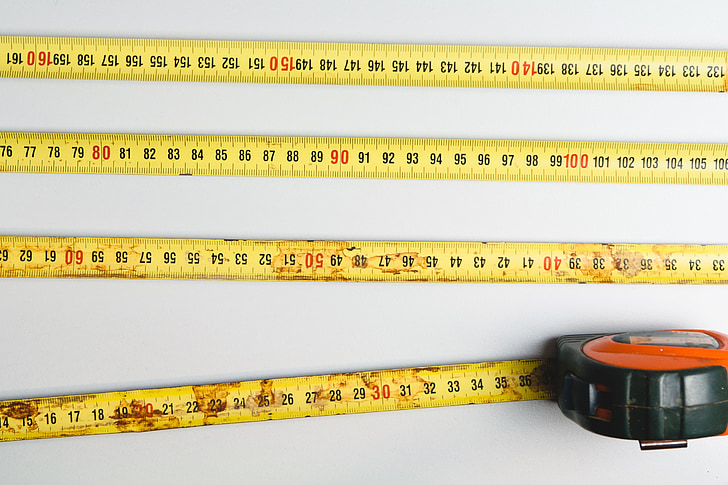

You must be logged in to post a comment.